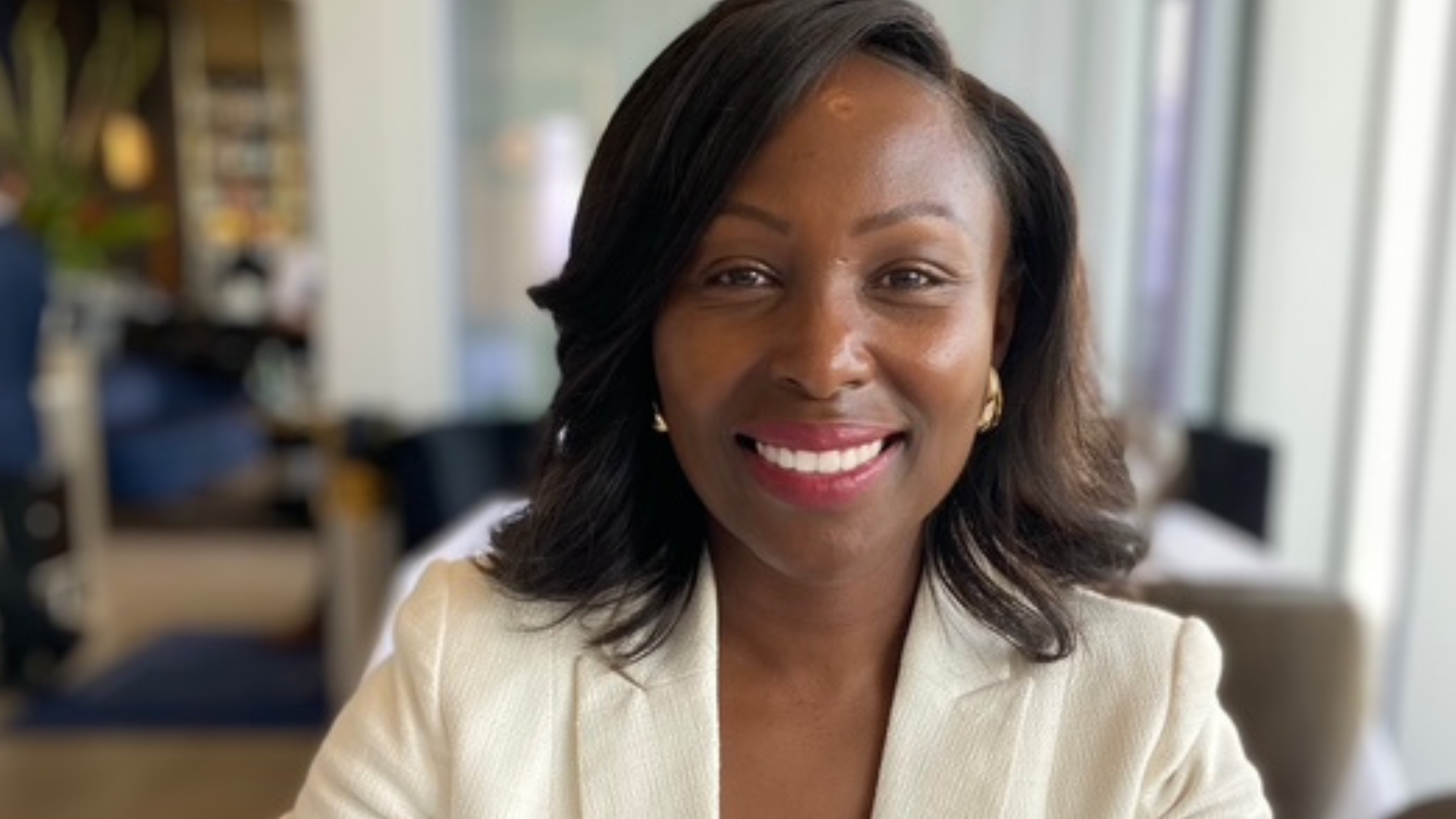Culture. We say the word often in HR. It’s in mission statements and in talent acquisition pitches. But the conversations on culture are often surface level. They focus on bullet points and “core values” that sound good in theory, but don’t always match what actually happens day to day. That gap, the one between what we say and how we really show up, was front and center during a recent panel I had the privilege of moderating with HR leaders from across industries.
What started as a structured discussion on workplace culture turned into something much more raw and human. We dropped the jargon and dug into the messy, complex, deeply personal ways culture plays out in how we lead, how we connect, and how we get the work done.
Here’s what stuck with me, and what I think every HR professional needs to wrestle with.
Culture Isn’t Abstract. It’s Every Single Interaction
Culture doesn’t live in a handbook or get set during a leadership retreat. It shows up in every conversation, every decision, every unspoken norm. It’s in how meetings run, how conflict gets handled, and how differences are either embraced or ignored. When we don’t name those differences and don’t acknowledge that people bring different cultural norms, lived experiences, and identities into the workplace, we create division. Sometimes subtle. Sometimes glaring.
During the panel, we unpacked how culture shows up in leadership styles, team dynamics, communication preferences, and even how hierarchy is interpreted between different organizations and even within different countries and cultures. What became clear was that culture is both universal and deeply personal. Navigating it well takes more than good intentions. It takes awareness, courage, and consistency.
Six Truths That Stuck
A couple of truths surfaced that felt immediately usable.
- Language Matters More Than You Think
Catchphrases and acronyms don’t always translate. In fact, they often alienate. If you’re leading across generations, functions, or cultural backgrounds, plain language is powerful. Clarity invites understanding from everyone involved.
- You Don’t Have to Know It All
Early in my career, I thought credibility came from having all the answers. I learned along the way that it doesn’t. Real credibility comes from asking good questions, listening well, and creating space for others to shine. Saying “I don’t know, but let’s figure it out together” is a leadership superpower.
- Relationships Carry Your Career
Jobs end, resumes get updated but what sticks is the trust you’ve built with people who know your work and value your perspective. Opportunities rarely come from job boards – they come from relationships.
- Setbacks Shape Us
Mistakes are inevitable. What matters is how you respond. One panelist shared how admitting a big misstep early in her career and asking for guidance turned a potential setback into a defining moment of growth and trust.
- Clarity Is Leadership
Saying yes to everything isn’t leadership. Real leadership is being clear about priorities, trade-offs, and direction even when it’s uncomfortable.
- Start Small and Bring People with You
Culture change doesn’t come from a glossy company-wide announcement. It’s the small shifts, repeated consistently and carried by people who believe in them, that take root.
The Complexity We Don’t Always Name
Some of the most powerful moments come when we name the harder truths about culture. We talked about how hierarchy, communication, and decision-making look different depending on your background and lived experience. We acknowledged what it feels like when your natural style doesn’t match the “norm.”
For me, that hit home. As an immigrant and consultant, I’ve had to navigate spaces where my directness was mistaken for bluntness by some, or where my questions were read as challenging authority instead of seeking clarity. The pressure to adjust who you are just to fit in can be draining, and it’s something many people quietly navigate every day.
The leaders who build inclusive cultures aren’t the ones who pretend those differences don’t exist. They’re the ones who name them, make space for them, and create environments where people don’t have to contort themselves just to fit in.
What This Means for You
If you’re in HR, whether you’re coaching leaders, building programs, or running a team, this is the real work. Culture is the foundation everything else rests on.
Some questions worth asking yourself:
- Am I using language that truly includes people, or am I hiding behind corporate lingo?
- Am I creating space for people to bring their full selves, or are unspoken norms forcing them to shrink?
- Am I clear about what matters most, or am I creating confusion by saying yes to everything?
- Am I building relationships that will outlast the work, or am I just checking tasks off a list?
Culture is hard and messy. But when we get it right, when people feel seen, heard, and valued, the impact is profound. This panel reminded me why this work matters. For the moments when people feel safe enough to speak up, take a risk, or simply feel they belong.
That’s culture. And it’s worth the effort.
HCM Tech Advisory has over 20 years of experience and expertise in HR consulting, with a focus in employee benefits administration and HR technology. To learn more or request a complimentary consulting review, contact us at info@hcmtechadvisory.com.




